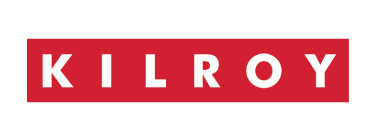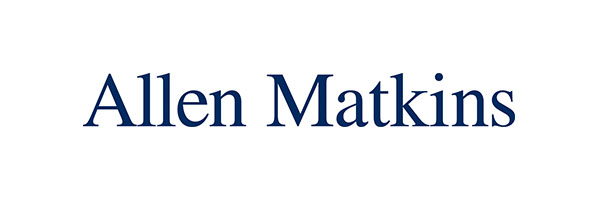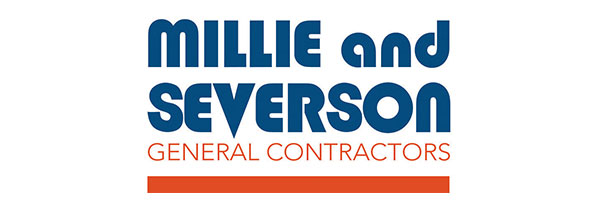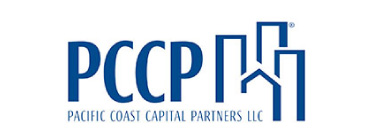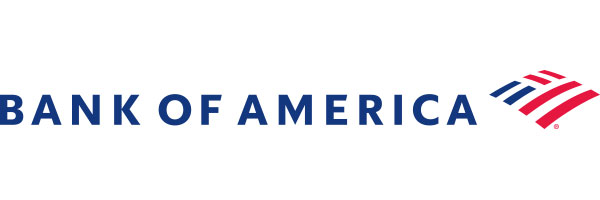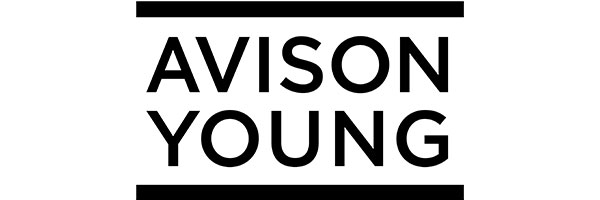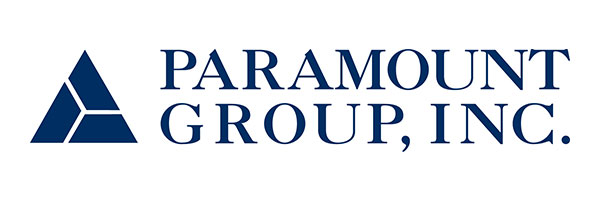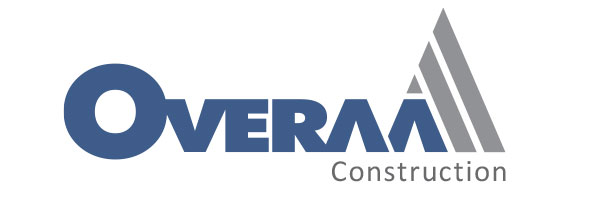CBPA's California Legislative Update 9/18/2020
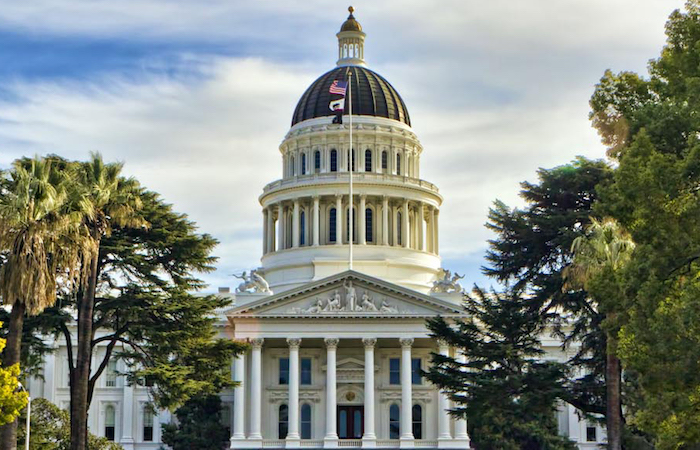
- POLL SHOWS SPLIT ROLL SLIPPING BUT STILL WITH A MAJORITY
- MORE ON PPIC POLL; WHAT IS SAYS ABOUT PROP 15 SPLIT ROLL
- COVID SHUTDOWN: MALLS FILE LAWSUIT AGAINST LA COUNTY
- CALCHAMBER STATEMENT ON NEW FAMILY RIGHTS ACT
- NFIB STATEMENT ON NEW FAMILY RIGHTS ACT
- BILLS AWAITING GOVERNOR’S ACTION
- CBPA 2020 CALENDAR
POLL SHOWS SPLIT ROLL SLIPPING BUT STILL WITH A MAJORITY
The latest poll from the Public Policy Institute of California (PPIC) shows Prop 15, the measure to repeal Prop 13 protection from businesses, shows the measure losing support as we near election day, but still clinging on to a slim majority.
Rex S. Hime, President and CEO, California Business Properties Association, responded with the following statement: “The PPIC poll shows that our efforts to educate voters about Prop. 15, the largest property tax increase in state history, are working, but we can’t let up. The numbers show that when voters learn the facts about the measure they understand that it will impact small businesses the most, increase costs for leasing property and buying goods, and that their homes are the next target.”
Rex Hime represents the commercial real estate industry as part of the No On Prop 15 Campaign leadership. No on Prop 15 – Stop Higher Property Taxes and Save Prop 13, a bipartisan coalition of homeowners, taxpayers, and businesses, has been fighting to protect Prop 13 and oppose a split-roll property tax for more than a decade.
MORE ON PPIC POLL; WHAT IS SAYS ABOUT PROP 15 SPLIT ROLL
Our friend Joel Fox, from Fox and Hounds, has more commentary on the PPIC Poll:
The Public Policy Institute of California’s September poll measured the current standing of two ballot measures: Proposition 15, the property tax increase on commercial property, and Proposition 16 to rescind the ban on affirmative action. As expected, the Prop 15 battle is going to be close with a slim majority in favor at the present time. However, despite all the action around social justice the last few months, the affirmative action ban repeal trails badly.
According to the poll, Proposition 15 is in front now with 51% of likely voters saying they would vote yes, 40% would vote no, with 9% undecided. While the poll indicates the yes side enjoys a lead in four of the five regions of the state that PPIC identifies (the Orange/San Diego Counties region was opposed), there are other items in the poll that mean the election likely will tighten and could turn.
The poll that was taken between September 4 and 13. The yes side was on the air with its television ads the entire time while no side ads began during that period. With both sides promising big buys in media and other voter outreach, poll numbers could shift.
The question asked by the pollsters mirrored the ballot label and summary that the attorney general put on the proposition, which was heavily criticized in the media as being biased toward the proponents. Arguments made by the campaigns will attempt to either boost or sand down that edge the AG offered the proponents, many his political allies.
Important to the Proposition 15 battle were two separate questions in the poll that asked about the state’s and country’s economic situation. By a two-to-one margin, likely voters believe that the United States will have bad economic conditions over the next 12 months. Well over 70% of likely voters said California is in a recession.
Couple those findings with a recent poll released by the National Federation of Independent Business/California that 94% of small businesses in the state are opposed to Prop 15 because of its potential devasting effects on small business, and the economic issue is sure to influence the vote before the election is over. That economic issue was not expressed in the question PPIC asked about Proposition 15.
In addition, homeowners were split within the margin of error on supporting the initiative, 47% in favor, 44% opposed. If the charge made by opponents gains acceptance that this property tax increase for commercial property is just the first step in going after all of the property tax protections of the iconic Proposition 13, homeowner opposition is sure to grow.
Interestingly, that while schools are being pushed as a great beneficiary of the new tax dollars that would come in if the measure passed, the poll found that households with children were less supportive of the initiative than households that had no children. Households with no children supported the measure 52% to 39% while households with children were under 50% with a slim lead of 46% yes, 42% no.
As predicted by many observers, the battle over Proposition 15 is expected to be close and this poll supports that notion.
Click here for the full story.
COVID SHUTDOWN: MALLS FILE LAWSUIT AGAINST LA COUNTY
In a move that could have statewide ramifications, a class action lawsuit has been filed against L.A. County asserting its continued shutdown of indoor malls is discriminatory:
From the story:
Del Amo Fashion Center Operating Co. LLC and retailer Rivas Sports Inc. filed the suit Thursday in the U.S. District Court for the Central District of California, seeking to end the closings in the county, which includes the city of Los Angeles and suburbs.
Indoor malls are open and operating safely elsewhere in California and other parts of the country, and stores not located in indoor shopping centers or malls are open and operating safely in L.A., the complaint says.
However, indoor shopping centers and their interior retailers in the county “uniquely remain closed, and many of their employees, like Ms. Rivas, remain out of work—without any explanation or any scientific support,” the complaint alleges.
No evidence shows that indoor malls pose a greater risk of spreading Covid-19 than the large and small retailers, including hair salons and barbershops, that the county has permitted to remain open, the plaintiffs allege.
The retailers say their due process rights are being violated because they have been given no way to challenge what they say is the “lack of any rational basis for the county order.”
Click here for the full story.
CALCHAMBER STATEMENT ON NEW FAMILY RIGHTS ACT
CalChamber Statement on Governor Signing SB 1383 into Law:
Governor Gavin Newsom today signed into law SB 1383 (Jackson; D-Santa Barbara), which will significantly expand the California Family Rights Act onto employers with 5 or more employees, and require them to provide up to 12 weeks of protected leave to qualified employees.
While we are disappointed that Governor Newsom signed SB 1383 and added a new burden to small employers at this time, CalChamber is urging small business owners to become familiar with the new requirements of this law as any mistake could result in a lawsuit.
“Small businesses who employ 5 to 49 employees should pay close attention to what is now required of them when it comes to this new law and its expansion of California’s mandated protected leave programs,” said Allan Zaremberg, President and CEO of the California Chamber of Commerce.
Click here to read the rest of the story.
NFIB STATEMENT ON NEW FAMILY RIGHTS ACT
And the leading small business group, is also ringing the bell about how SB 1383 will hammer small companies that are barely hanging on because of the long term economic shut down. From our friend John Kabatek:
Tragically, previous vows from the governor and lawmakers to help devastated small business owners crawl out of this virus-ravaged economic recession have proven to be a pile of empty, election-year bluster. Our Capitol leaders continue to lack any rudimentary understanding of small business economics or a hint of compassion for the job creators that are broke but now expected to subsidize another costly government mandate.
The law now allows an employee:
* to take up to 12 workweeks of unpaid, job-protected leave during a 12-month period for specified family care and medical leave reasons
* reinstatement to the same or comparable position
* to continue group health coverage during the duration of the leave
the governor often states his record of being a small business owner and entrepreneur. We would encourage the governor to rediscover his roots when assessing future legislative priorities.
And, most devastating of all, SB 1383 hits small employers especially hard by lowering traditional thresholds for compliance to five-or-more employee firms—the heart of most small businesses.
Click here to read and share the full op/ed.
BILLS AWAITING GOVERNOR’S ACTION
Signature Requests
SB 288 (Wiener - D) California Environmental Quality Act: exemptions: transportation-related projects.
Summary: Enables sustainable transportation projects as an essential part of California’s economic recovery from COVID-19 by providing targeted CEQA exemptions for certain transportation/housing projects saving anywhere from 6 months to 4 years in permitting.
Position: SUPPORT
Status: On Governor’s Desk.
AB 1561 (Garcia, Cristina - D) Planning and zoning: housing element and entitlement extensions.
Summary: Enables a uniform statewide permit and entitlement extension, which is necessary to avoid expiration of permits and the significant statewide cost and allocation of local government staff resource to unnecessarily go through the process again.
Position: SUPPORT
Status: On Governor’s Desk.
Veto Requests
AB 841 (Ting – D) Energy: transportation electrification: energy efficiency programs.
Summary: Drives up the costs of Electric Vehicle Charging infrastructure by creating a monopoly for one of the bill sponsors – a private Michigan based group (EVITP) – to control every aspect of the installation of EV chargers in California. Additionally, the bill redirect energy efficiency program funding away from commercial properties.
Position: OPPOSE
Status: On Governor’s Desk
AB 1066 (Gonzalez - D) Unemployment compensation: benefits payable: collection.
Summary: Potentially eliminates the opportunity for an employer to present evidence of independent contractor status by imposing an arbitrary 10-day statutory deadline for a business to produce records or face a "conclusive presumption" that the individual is entitled to benefits. Even businesses actin in “good-faith” face penalties and loss of appeals.
Position: OPPOSE
Status: On Governor’s Desk.
AB 3216 (Kalra - D) Unemployment: rehiring and retention: state of emergency.
Summary: Requires an employer to offer its laid-off employees specified information about job positions that become available for which the laid-off employees are qualified, and to offer positions to those employees based on a preference system.
Position: OPPOSE
Status: On Governor’s Desk.
SB 1159 (Hill - D) Workers’ compensation: COVID-19: critical workers.
Summary: Increases employer expenses as many employees who are not infected at work to be covered by workers' compensation benefits paid by employers.
Position: OPPOSE
Status: On Governor’s Desk
CBPA 2020 CALENDAR
NOTE DUE TO THE COVID-19 PANDEMIC EVENTS ARE BEING ADJUSTED TO TELECONFERENCE OR PENDING SHELTER-IN-PLACE ORDERS BEING LIFTED
Thursday, November 5: CBPA Board Meeting – via Zoom
For more information on any of our events, please contact Melissa Stevens at 916-443-4676 or mstevens@cbpa.com.










